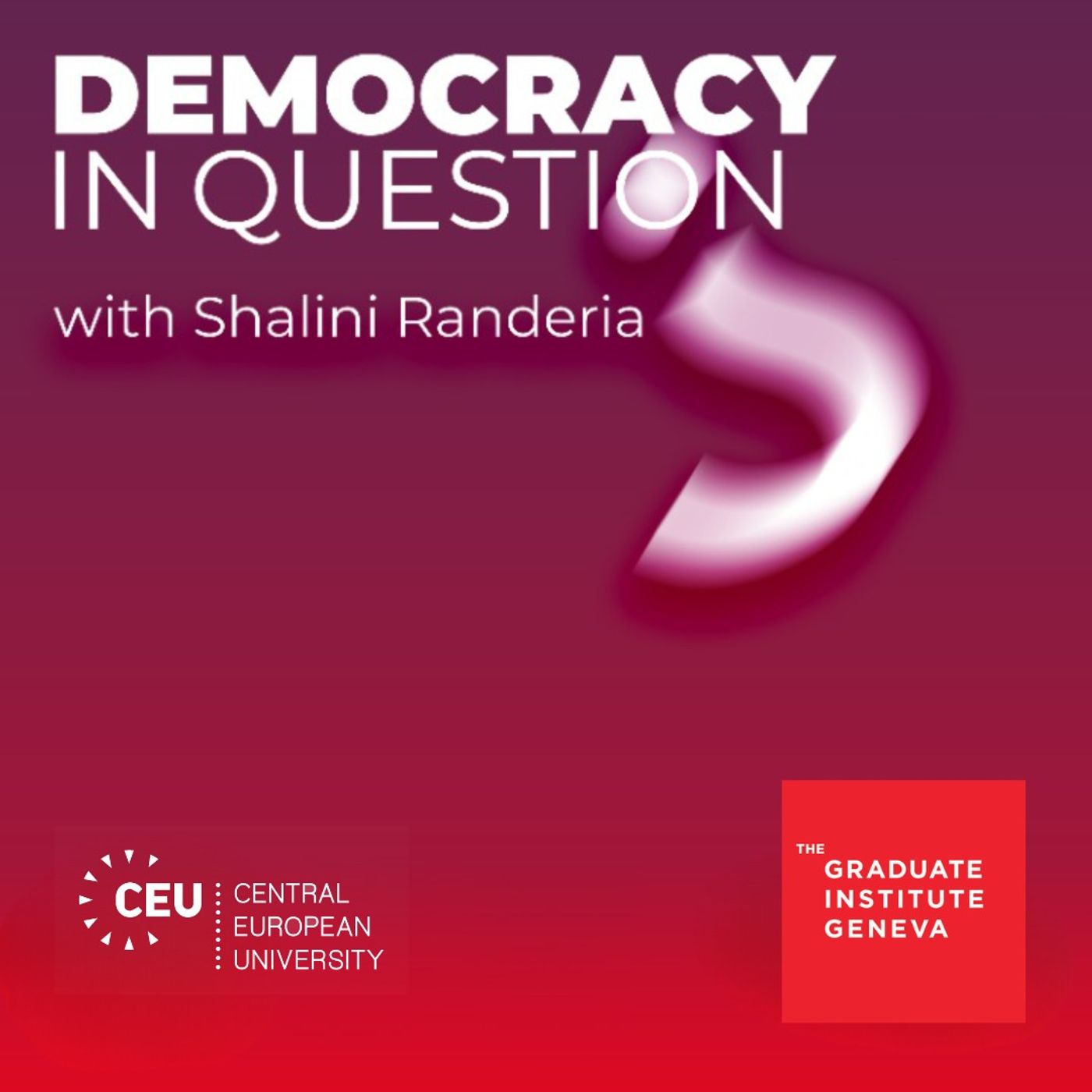- After-Shows
- Alternative
- Animals
- Animation
- Arts
- Astronomy
- Automotive
- Aviation
- Baseball
- Basketball
- Beauty
- Books
- Buddhism
- Business
- Careers
- Chemistry
- Christianity
- Climate
- Comedy
- Commentary
- Courses
- Crafts
- Cricket
- Cryptocurrency
- Culture
- Daily
- Design
- Documentary
- Drama
- Earth
- Education
- Entertainment
- Entrepreneurship
- Family
- Fantasy
- Fashion
- Fiction
- Film
- Fitness
- Food
- Football
- Games
- Garden
- Golf
- Government
- Health
- Hinduism
- History
- Hobbies
- Hockey
- Home
- How-To
- Improv
- Interviews
- Investing
- Islam
- Journals
- Judaism
- Kids
- Language
- Learning
- Leisure
- Life
- Management
- Manga
- Marketing
- Mathematics
- Medicine
- Mental
- Music
- Natural
- Nature
- News
- Non-Profit
- Nutrition
- Parenting
- Performing
- Personal
- Pets
- Philosophy
- Physics
- Places
- Politics
- Relationships
- Religion
- Reviews
- Role-Playing
- Rugby
- Running
- Science
- Self-Improvement
- Sexuality
- Soccer
- Social
- Society
- Spirituality
- Sports
- Stand-Up
- Stories
- Swimming
- TV
- Tabletop
- Technology
- Tennis
- Travel
- True Crime
- Episode-Games
- Visual
- Volleyball
- Weather
- Wilderness
- Wrestling
- Other
Nobel Prize Winner Joseph Stiglitz on a More Equitable Future
Democracy in Question? is brought to you by:• Central European University: CEU• The Albert Hirschman Centre on Democracy in Geneva: AHCD• The Podcast Company: scopeaudio Follow us on social media!• Central European University: @CEU• Albert Hirschman Centre on Democracy in Geneva: @AHDCentre Subscribe to the show. If you enjoyed what you listened to, you can support us by leaving a review and sharing our podcast in your networks! Glossary Capital gains taxation(17:00 or p.4 in the transcript)The capital gains tax is the levy on the profit that an investor makes when an investment is sold. It is owed for the tax year during which the investment is sold. The long-term capital gains tax rates for the 2022 and 2023 tax years [in the US] are 0%, 15%, or 20% of the profit, depending on the income of the filer. The income brackets are adjusted annually. An investor will owe long-term capital gains tax on the profits of any investment owned for at least one year. If the investor owns the investment for one year or less, short-term capital gains tax applies. The short-term rate is determined by the taxpayer's ordinary income bracket. For all but the highest-paid taxpayers, that is a higher tax rate than the capital gains rate. When stock shares or any other taxable investment assets are sold, the capital gains, or profits, are referred to as having been realized. The tax doesn't apply to unsold investments or unrealized capital gains. Stock shares will not incur taxes until they are sold, no matter how long the shares are held or how much they increase in value. source Tax havens(17:07 or p.4 in the transcript)A tax haven is a country that offers foreign businesses and individuals minimal or no tax liability for their bank deposits in a politically and economically stable environment. They have tax advantages for corporations and for the very wealthy, and obvious potential for misuse in illegal tax avoidance schemes. Companies and wealthy individuals may use tax havens legally as a means of stashing money earned abroad while avoiding higher taxes in the U.S. and other nations. Tax havens may also be used illegally to hide money from tax authorities at home. The tax haven can make this work by being uncooperative with foreign tax authorities. In recent times, tax havens are under increasing international political pressure to cooperate with foreign tax fraud inquiries. Broadly speaking, tax havens are jurisdictions that have very low taxes and no residency requirements for foreign entities and individuals willing to park money in their financial institutions. A combination of lax regulation and secrecy laws enable corporations and individuals to screen some of their income from tax authorities in other nations. The Tax Justice Network maintains a Corporate Tax Haven Index that tracks the jurisdictions that it says are "most complicit" in helping multinational corporations evade taxes. As of 2021, the worst offenders were the British Virgin Islands, the Cayman Islands, and Bermuda. Tax havens may be found in another country or merely in a separate jurisdiction. source Trickle-down economics(21:19 or p.5 in the transcript)Trickle-down economics and its poli

